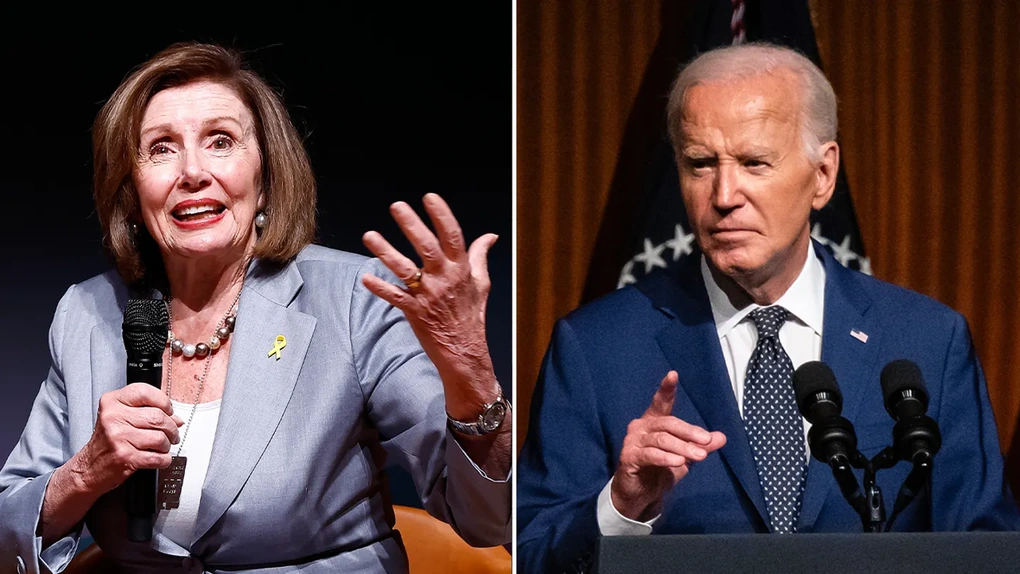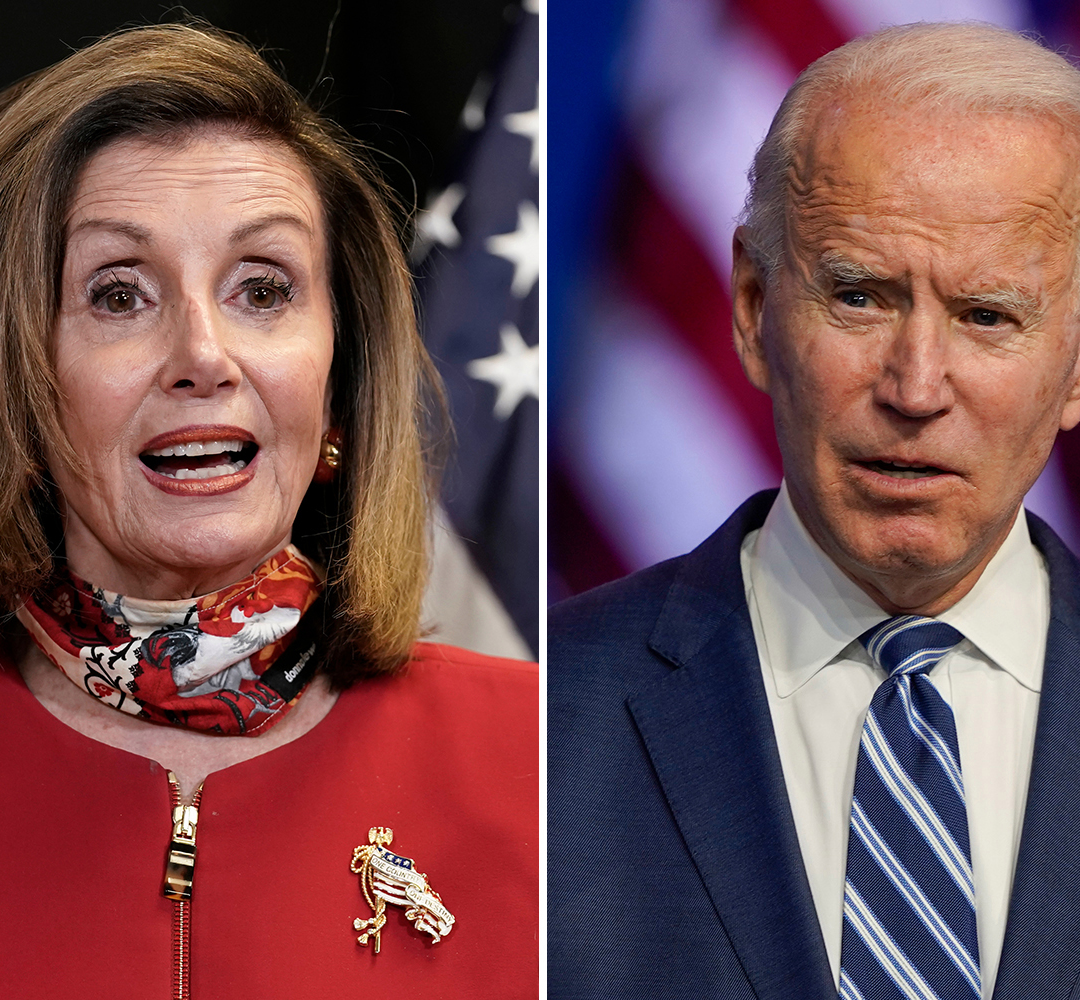The question of whether all politicians who have allegedly stolen taxpayer money should be prosecuted strikes at the core of democratic accountability and the integrity of public institutions. While some may argue for due caution in the face of allegations, public sentiment increasingly leans toward demanding justice and transparency. In an era where trust in government is steadily declining, pursuing legal action against those accused of misusing public funds is not just a matter of legality—it is a moral imperative and a foundational requirement for a functioning democracy.

The mere allegation of embezzlement or misuse of taxpayer money, particularly by individuals entrusted with public office, casts a long shadow over governance. Citizens pay taxes with the expectation that their contributions will fund public services, infrastructure, education, and healthcare. When those funds are misappropriated, the damage is both financial and psychological. It weakens public faith, discourages civic participation, and fuels cynicism about the political process.

Prosecution in such cases is not simply about punishment—it is about setting a precedent and reinforcing the principle that no one is above the law. Politicians, as public servants, should be held to the highest ethical standards. When they betray that trust, they undermine not only their own positions but also the credibility of the system as a whole. Prosecuting alleged offenders sends a clear message: accountability is non-negotiable.
However, it is important to distinguish between accusation and guilt. The legal system must ensure that prosecutions are based on credible evidence and adhere to the principles of due process. Allegations can be politically motivated or unfounded, and the justice system must guard against using legal tools as weapons in political rivalries. Nonetheless, the presence of political manipulation should not be a blanket excuse for inaction. Investigations should be impartial, thorough, and conducted by independent institutions that are insulated from political interference.
Opponents of prosecuting politicians in every alleged case often warn of a slippery slope—where constant legal battles may paralyze political activity or lead to governance by fear. While this is a valid concern, it does not justify leniency toward corruption. On the contrary, robust legal institutions capable of conducting fair investigations can provide clarity and resolution, helping to restore public confidence. Shielding politicians from prosecution on the basis of their office only nurtures impunity and perpetuates a culture of corruption.
Public perception also plays a powerful role. When politicians are seen to escape justice due to influence, wealth, or status, it creates a two-tiered justice system—one for the elite and another for ordinary citizens. This erodes the democratic ideal of equality before the law. On the other hand, when justice is served impartially, it reaffirms the social contract between citizens and the state. It shows that government is not an untouchable institution, but a servant of the people.
Furthermore, there is an economic dimension to this issue. Corruption involving public funds directly affects development and poverty reduction. Every stolen dollar is a dollar not spent on schools, hospitals, or infrastructure. It deepens inequality and hampers national progress. Prosecuting those who embezzle public resources is not just a legal obligation—it is a form of economic justice.
In conclusion, prosecuting all politicians who have allegedly stolen taxpayer money is not a question of vengeance or political gain. It is a fundamental step toward upholding the rule of law, restoring public trust, and ensuring that democracy works for everyone—not just the powerful. While caution and fairness must guide every investigation, inaction or selective justice poses a far greater threat. A democratic society must demand accountability from its leaders, and that begins with a clear and unwavering commitment to prosecuting corruption, regardless of who is involved.






